Effective Waterproofing Timing Tips
Waterproofing is a vital process to protect structures from water intrusion and damage. The effectiveness of waterproofing applications depends heavily on timing, environmental conditions, and preparation. Proper timing ensures optimal adhesion, curing, and durability of waterproofing materials, reducing the risk of future leaks and structural issues.
Spring offers moderate temperatures and increased humidity, making it suitable for many waterproofing projects. It allows for sufficient curing time before harsher weather arrives.
Summer provides warm temperatures and extended daylight hours, which can accelerate curing. However, high heat and direct sunlight may require adjustments in application techniques.
Fall's cooler temperatures and lower humidity levels create ideal conditions for waterproofing, especially before winter sets in.
Winter is generally not recommended due to freezing temperatures and moisture issues. Waterproofing during this time can lead to poor adhesion and cracking.
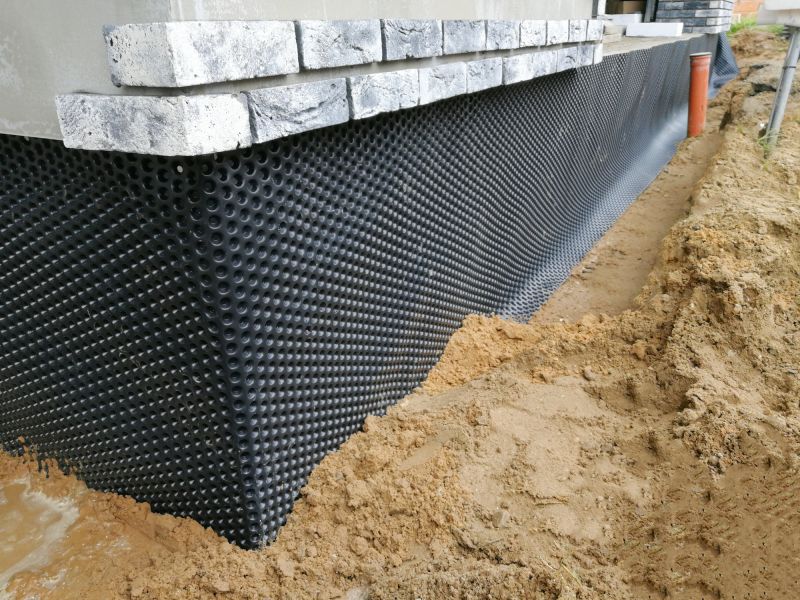
Ways to make Waterproofings work in tight or awkward layouts.
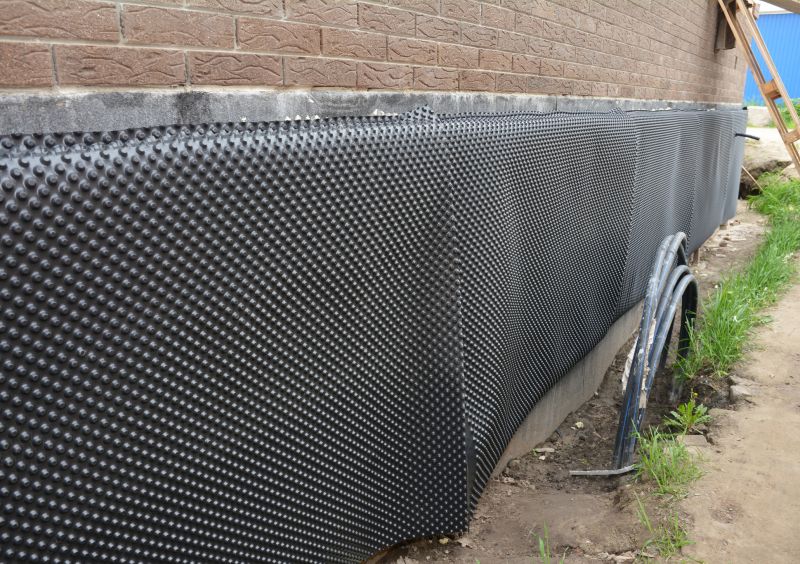
Popular materials for Waterproofings and why they hold up over time.
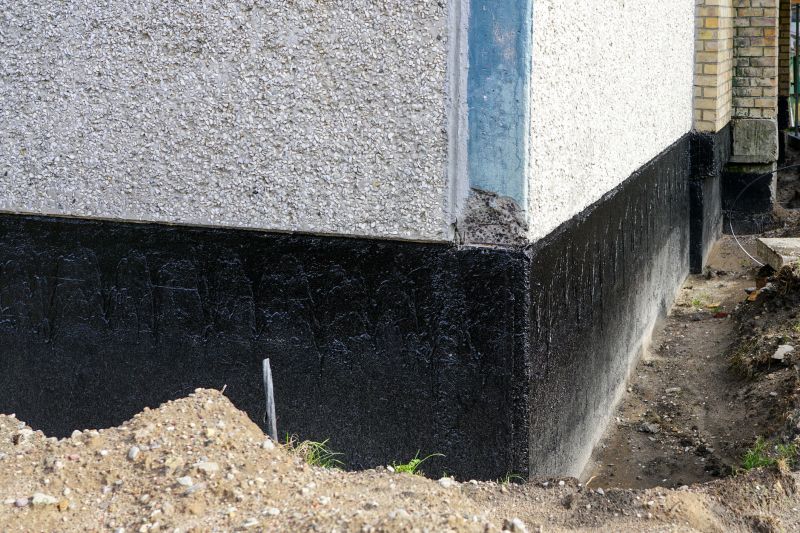
Simple add-ons that improve Waterproofings without blowing the budget.
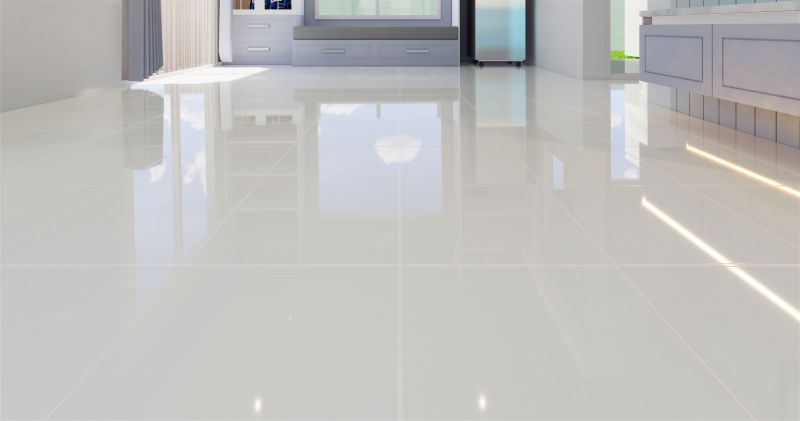
High-end options that actually feel worth it for Waterproofings.
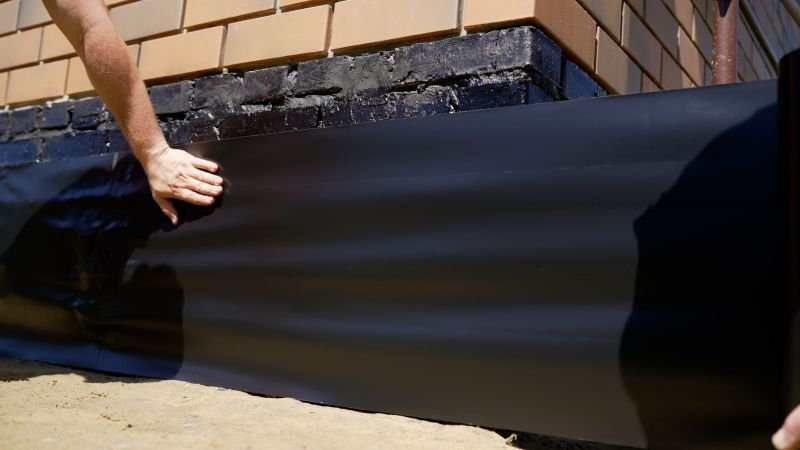
Finishes and colors that play nicely with Waterproofings.
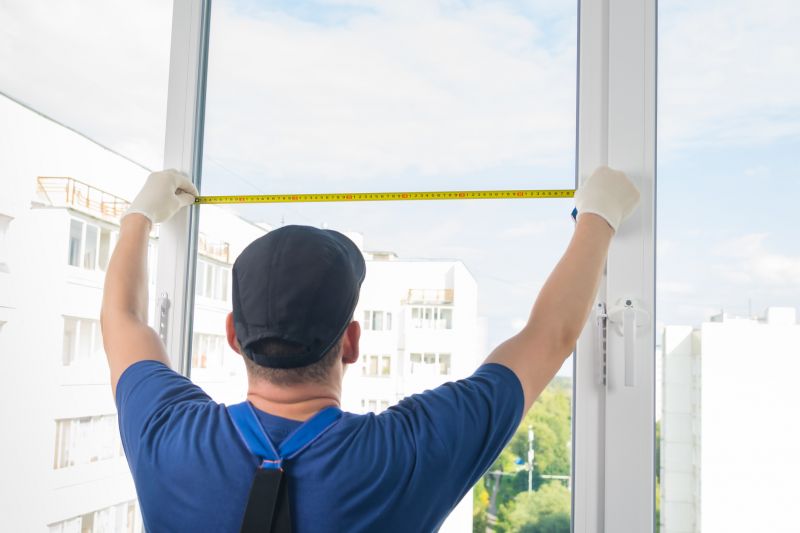
Little measurements that prevent headaches on Waterproofings day.
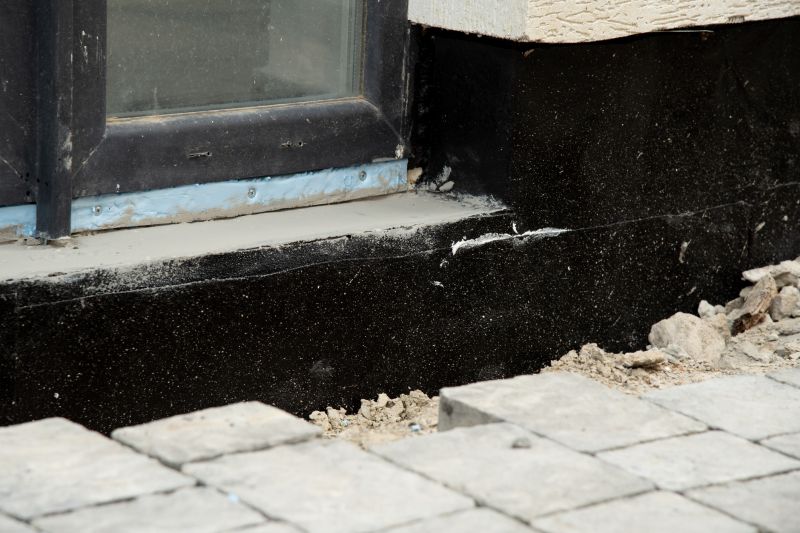
A 60-second routine that keeps Waterproofings looking new.
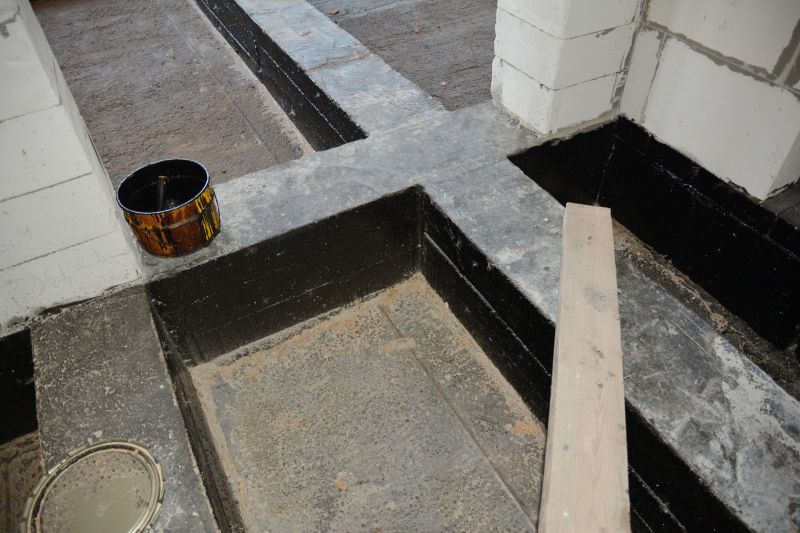
A frequent mistake in Waterproofings and how to dodge it.
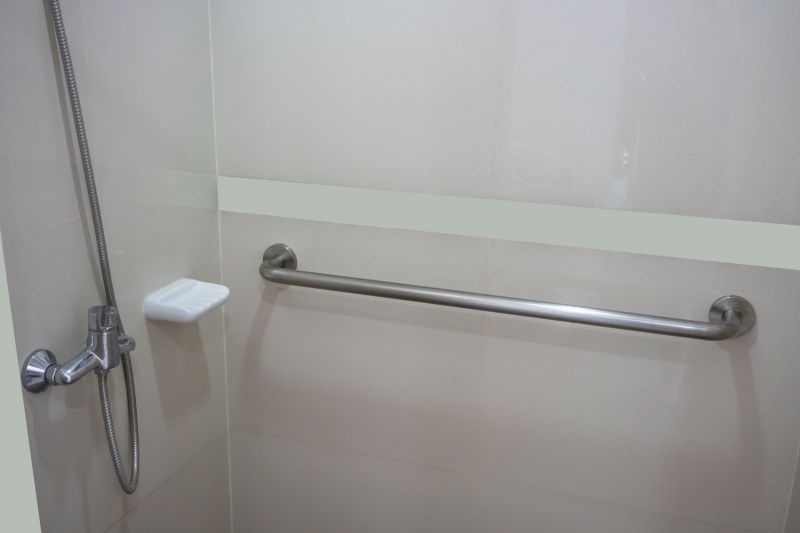
Small tweaks to make Waterproofings safer and easier to use.
| Season | Recommended Conditions |
|---|---|
| Spring | Temperatures 50°F-70°F, moderate humidity, dry surfaces |
| Summer | Warm temperatures, low humidity, avoid peak heat hours |
| Fall | Cooler temperatures, low humidity, dry surfaces |
| Winter | Temperatures below 50°F, freezing conditions, not recommended |
Waterproofing involves applying specialized materials to prevent water penetration in structures such as foundations, roofs, and basements. Proper application and timing are crucial to ensure long-lasting protection. Different waterproofing methods include membranes, coatings, and sealants, each suited to specific environmental conditions and structural needs. Statistics indicate that waterproofing can significantly reduce water-related damages, saving costs on repairs and maintenance over time.
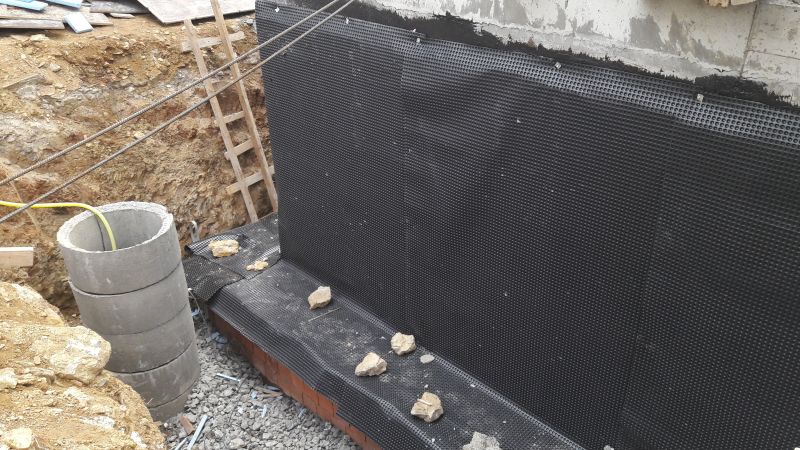
Lower-waste or water-saving choices for Waterproofings.
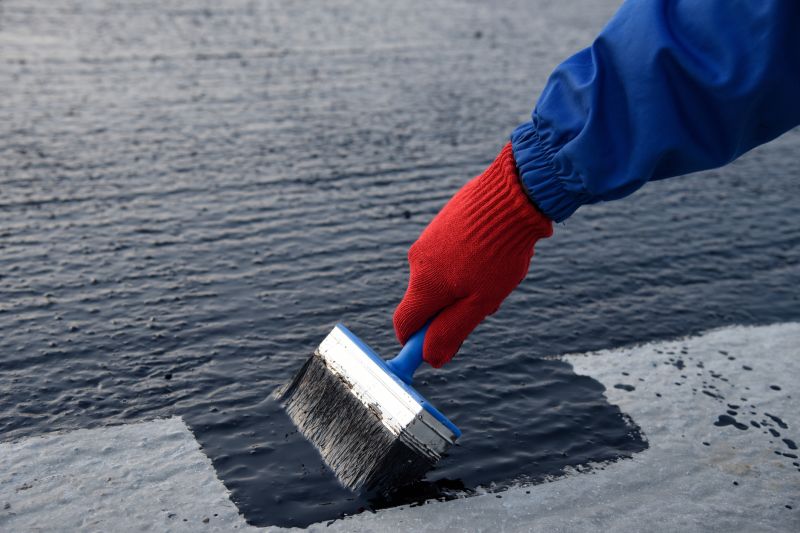
The short, realistic tool list for quality Waterproofings.
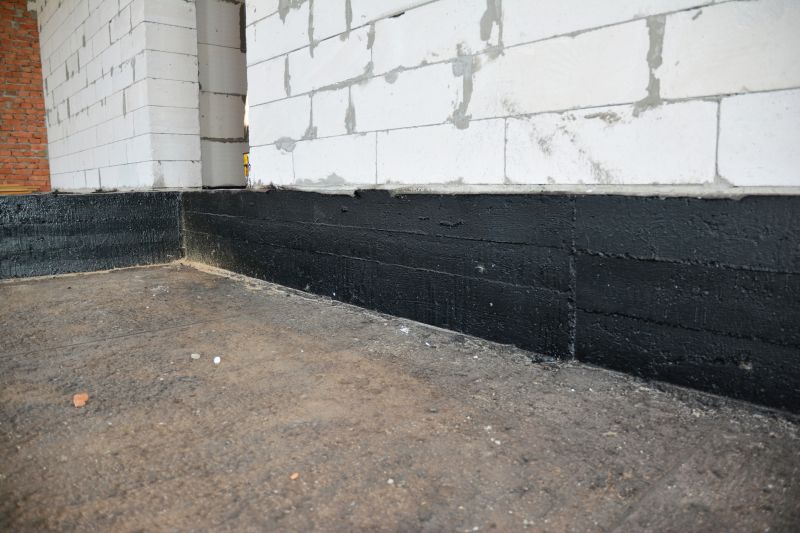
Rough timing from prep to clean-up for Waterproofings.

Quick checks and paperwork to keep after Waterproofings.

Examples that show the impact a good Waterproofings can make.

Ways to make Waterproofings work in tight or awkward layouts.

Ways to make Waterproofings work in tight or awkward layouts.

Ways to make Waterproofings work in tight or awkward layouts.
Interested in waterproofing services? Filling out the contact form can provide more information and help plan the best waterproofing schedule tailored to specific needs. Proper timing and application methods contribute to the longevity and effectiveness of waterproofing solutions, safeguarding structures from water damage over time.

